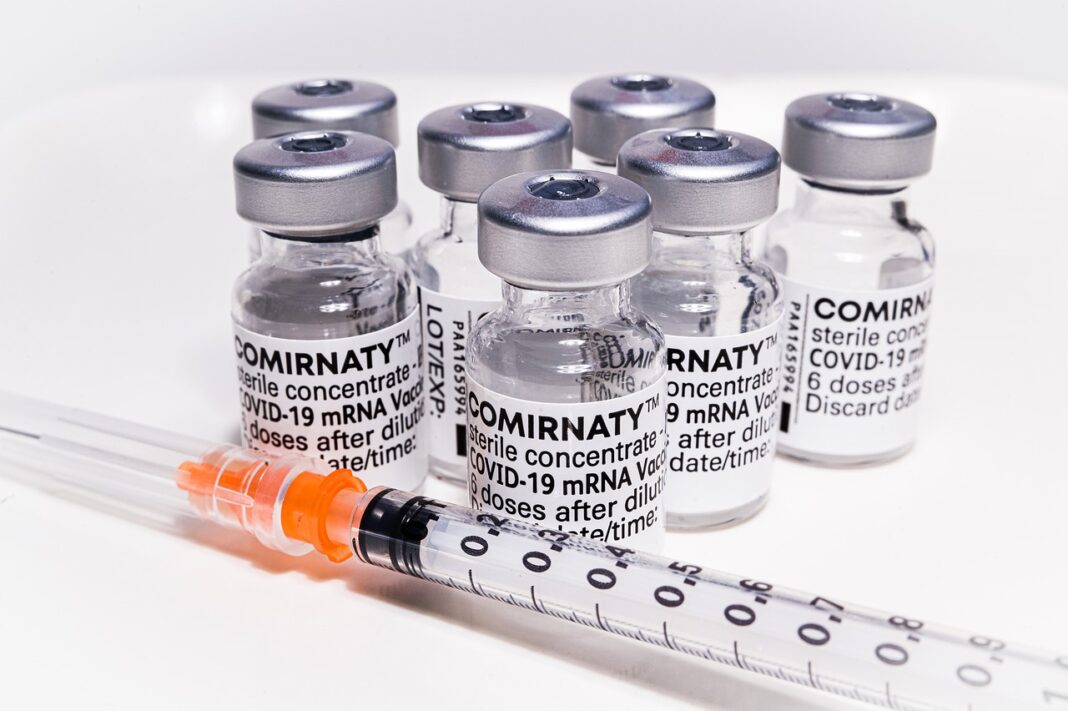What is Pancreatic Ductal Adenocarcinoma?
Pancreatic Ductal Adenocarcinoma (PDAC) is the most common type of pancreatic cancer. PDAC occurs in the pancreas, which is an organ in the digestive system. It has two main functions, namely the exocrine and the endocrine functions. The exocrine function of the pancreas is mainly responsible for producing pancreatic juices (enzymes) which assist in the digestion of fats, carbohydrates, and proteins. The endocrine function contains special types of cells known as islet cells which release hormones such as insulin or glucagon into the blood stream.
PDAC occurs when cancer cells line a section of the pancreas known as the Pancreatic Duct. It is a type of Pancreatic cancer that occurs in the exocrine section of the pancreas, therefore inhibiting the pancreas’ ability to assist in the digestion of foods. PDAC is lethal in 88% of its patients, and until recently traditional methods of treatment such as chemotherapy has been ineffective against it. The main reason for this is because PDAC tumor cells are insensitive towards chemotherapy treatments.
How do mRNA cancer vaccines work?
The human immune system can protect the body against foreign substances such as infections by using a type of white blood cells known as memory cells which have a memory of every microbe or pathogen that has invaded the body. This memory of the invading organism allows for the white blood cells to develop antibodies that can specifically bind to markers and proteins on invading cells known as antigens. When these antibodies can specifically bind to the antigens, the antibodies can successfully stop the growth of the invading organism or cells.
However, the reason that our immune system is oftentimes ineffective against cancers is because all cancer cells are the mutations of the body’s own cells. This way, the immune system has trouble recognizing them as foreign and cannot successfully suppress the growth of cancer cells. As well, the surveillance capacity of the immune system is gradually weakened as the tumor/cancer cells grow more mutations. Tumor cells which are, in early stages of development, caught by the immune system, eventually are screened out as they develop mutations known as tumor molecules, which are not recognized by the immune system as foreign.
mRNA cancer vaccines recognize a specific type of antigen studded on tumor cells, known as neoantigens. These neoantigens are important, as they are present solely on tumor cells, and not on the body’s healthy immune cells. This way, they act as markers which help the immune system’s T cells to recognize the cancer cells are foreign, and trigger an immune response.
How these mRNA cancer vaccines can be delivered to patients?
In 2023, the Memorial Sloan Kettering Cancer Center in New York USA conducted a Phase 1 clinical trial. This trial tested the ability of the mRNA cancer vaccines to trigger an immune response in the immune systems of the PDAC patients. In this trial, the 16 patients involved initially received a type of immunotherapy drug known as Atezolizumab. This drug assisted in alerting the immune system against the tumors. The patients then received 8 consecutive doses of the mRNA vaccine, followed by a booster dose. Following this, they received an intense form of chemotherapy treatment.
Results of the treatment:
In general, the mRNA cancer vaccine treatment showed positive results in the patients. The vaccine was able to trigger an immune response towards the tumors in 50% of the patients in the trial. These patients also had a higher recurrence free survival rate (RFS rate). This means, that they were cancer free for a longer time than normal.
While the mRNA cancer vaccine treatment has shown hopeful results in the patients, more research has to be done in order to test for its benefits over other treatments. A Phase 2 trial has recently opened, and this would give researchers more information and data to test for the benefits and side effects of mRNA cancer vaccines for Pancreatic Ductal Adenocarcinoma.

